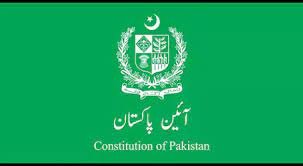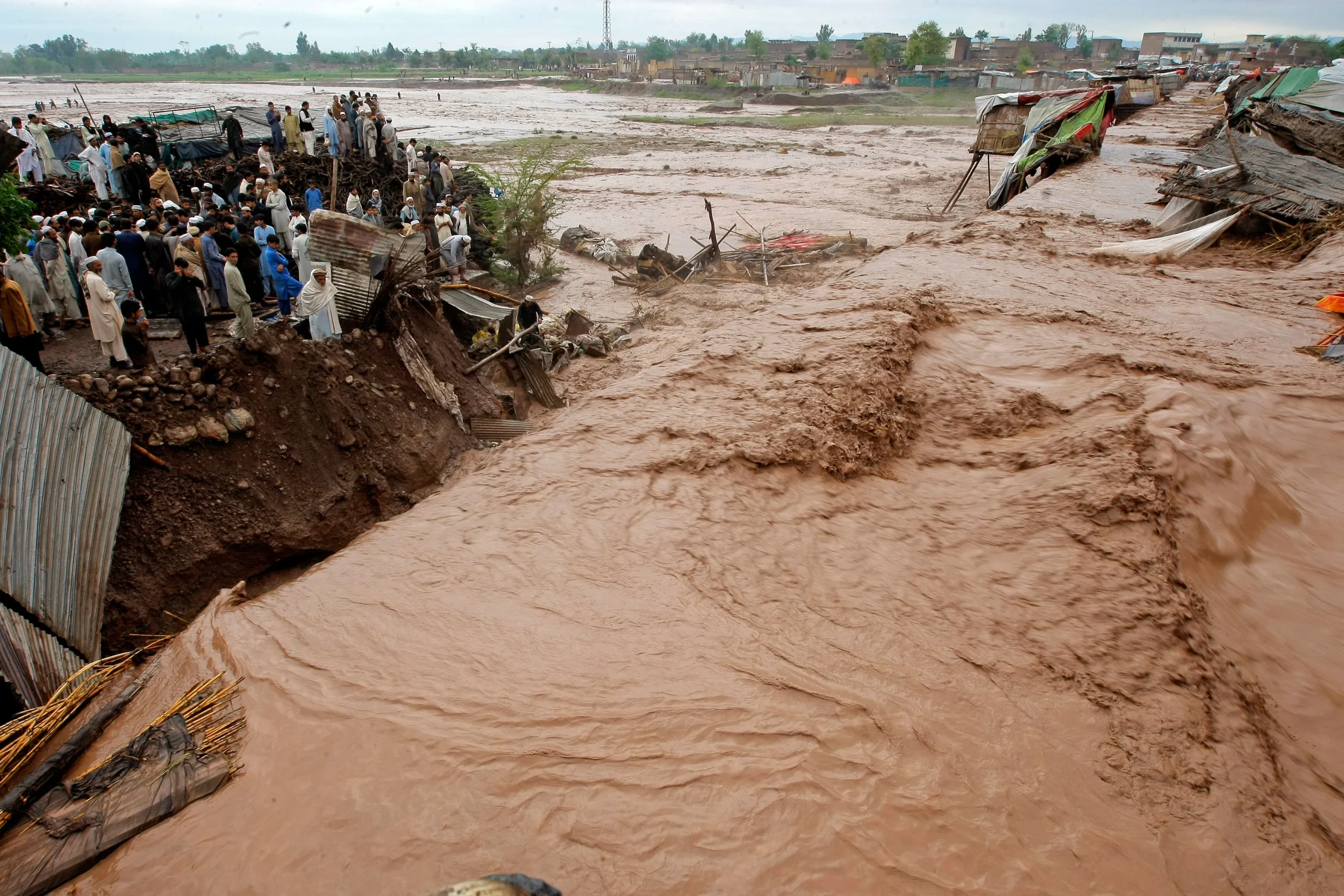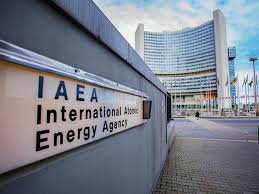EDITORIAL
It is not a social taboo anymore. Evil has entered deep and long. There are discourses associated with socio-cultural taboos. Ours is a society of taboos that does not dissect the hidden shames. It is indispensable to examine the taboos for transparency and reformation. The rising prostitution is a secret shame of our society. It requires verification, dissection and eradication. This shame prickles into the collective conscience of the community. It needs resolution, not pacification. The moral scrouge has exploded due to multiple motivations.
Prostitution is the practice of engaging in relatively indiscriminate sexual activity with someone who is not a spouse or a companion in exchange for prompt payment of money or other valuables. Prostitutes may be female or male, or transgender and prostitution may entail heterosexual or homosexual activity, but historically most prostitutes have been women, and most clients are men. However, it includes females, males and children now.
Perceptions of prostitution are based on culturally determined values that differ between societies. In some cultures, prostitutes have been viewed as members of a recognized profession; in others, they have been disregarded, execrated, and punished with stoning, imprisonment, and death.
Sex is an instinct; thus, intractable passion. It is not a taboo but an instinctive need. All cultures and religions regulate instinctive desire. Then, the overflowing love crosses the regulatory barriers. The civilizations established religious worship places and brothel houses simultaneously. Human lust has been transcending the regulatory regimes of sex. Thus, it set the brothel houses and promoted prostitution. Prostitution did not remain a sexual passion; it symbolized power, desire, status and aristocracy. The profession remained organized and limited to prostitute families all over the civilizations. However, the work grew manifold and became an industry in the 20th century. It is a profession now in many countries. Then, in many countries, it is illegal and punishable with severe punishments.https://republicpolicy.com/resolutions-for-the-international-day-for-the-elimination-of-violence-against-women/
Prostitution in India remained reserved for the aristocracy. It was not merely a sexual disposition but more than that. It had the ornaments of music, play and aesthetics. However, in the Muslim part of the culture, it was unacceptable; however, the Muslim aristocracy remained indulged in the lust for prostitution. India was partitioned, but not the culture. Society kept on the legacy of prostitution. However, it was strictly restricted to brothel places and affiliated families—the Zia regime dispersed them to the localities. It transformed the culture of prostitution and became an elite recreational activity. It was slowly but surely associated with the fake westernization of the special status and became part and parcel of party culture. Then, it degenerated into the commons and spread like wildfire in towns and suburbs. Now, it is all over and a pressing challenge to the moral conscience of society.
Multiple factors have contributed to the rise of prostitution in Pakistan. The factors due by which a woman enters the field of prostitution may be based on their willingness, i.e. voluntarily or by force (UNESCO, 2002). Voluntary initiation includes those willing to work as a prostitute due to economic crises, family pressure, etc. On the other hand, involuntary initiation is specific to women who are forced to enter the sex industry, likely as a result of kidnapping and trafficking. Secondly, debilitating economic circumstances are often the biggest reason for involvement in prostitution, as it helps to acquire a particular commodity in conditions of poverty. The causes may include supporting children and family, paying rent, or supporting a drug habit. Regardless of how it happens, prostitution provides women with items that would not have been affordable. Hence, the economic factor is the fundamental cause of rising prostitution.https://republicpolicy.com/international-human-rights-day-and-human-rights-crises-in-pakistan/
Thirdly, it is critical to note how a lack of education feeds into the spread of this profession. Literature suggests that a lack of qualifications increases one’s vulnerability to adopting sex work by reducing the probability of finding other options for employment. Studies find that 39% of prostitutes had no formal qualifications. Although this does interfere with the chances of finding a mainstream source of income, prices for sex work are paid as per the prostitute’s educational level. Coming to the domain of psychological factors, distressing experiences during childhood (most notably sexual abuse) have negative repercussions for mental health throughout life. These psychological problems can interfere with social relations, employment, and even handling everyday issues. It all together leads to social exclusion, thus increasing vulnerability to induction into sex work. Different researches find that 72% of prostitutes admitted to incidences of verbal, sexual and physical abuse during childhood; these intense experiences of violence tend to generate feelings of triviality, which can kick-start their deliberation to enter prostitution.
Under the umbrella of social factors, lack of family support (both financial and emotional) plays a significant role as a determinant of prostitution. Abject poverty related to elderly parents, cost of children’s education, absence of a male earning member, buying a residence, daughters’ marriages and a generally large number of family members are all cited as family-related reasons for entering prostitution. In addition, homelessness has been identified as the most significant factor that prompts engagement in sex work on-street. The nature of this engagement is often depicted as survival sex, in which women take on prostitution as a last resort for food and shelter. A study even revealed that girls who left their homes due to any underlying cause, including violence in the house and neglect, were assumed to be the ‘street hood’. Freedom in the streets goes hand-in-hand with the necessity to provide their own basic needs, which they tend to attain by any means, resulting in street prostitution. The girls who elope with their boyfriends are often found in brothel houses.https://republicpolicy.com/aids-is-the-new-challenge-to-pakistan-what-resolutions-we-require-on-aids-day/
Drug abuse has also been reported as an essential factor in prostitution. It emphasized self-inflicted drug abuse as a significant cause in 64% of the girls in the study. A stimulating peculiarity was that the direct incentive was not the money they needed to buy drugs but rather the sense of powerlessness and unworthiness created by the tendency to abuse. Lastly, sex trafficking must be considered as a vehicle for bringing victims into prostitution. The process comprises recruitment, harbouring, movement, and compelling methods to cement the victim in prostitution through coercion, violence or threat. Women are often recruited from poor, vulnerable or marginalized populations, either from foreign countries or from the same country as the exploiters.
Then, there are so many other reasons. However, the hunters are everywhere. It is an industry of wealth now. It is cruel and exploitative. Then women or children are not responsible for it. It is the collective failure of the state and society. Prostitution is illegal in Pakistan. Therefore, the rights of prostitutes are not guaranteed, if you like it or not. The fundamental question is how can an Islamic state and society allow the profession of prostitution. It is the failure of the administration, political executive, implementers, police and criminal justice system. How can they allow hunters to hunt the daughters of Eve in our society? If poverty forces innocent women into prostitution, it is a national crime. If psychological abuse causes women to engage in prostitution, it is a failure of society. If criminals are extracting women from the community to the profession, it is the failure of the administration and police. No reason allows women into the work of prostitution. It is a failure of our state and society.https://republicpolicy.com/do-you-know-your-fundamental-rights/
It is urgent to treat the underlying causes of prostitution, i.e., to prevent it and rehabilitate those already existing in its sphere. Hence, the state and society should plan awareness campaigns wherein issues of abuse and trafficking are emphasized to induce caution. Women and all forced into the profession should have rehabilitation programs. The state and society must emphasize that prostitutes should not be viewed as amoral or criminal; instead, robust policies and laws should be put in place for the actual criminals—those involved in abuse, exploitation and trafficking.

















